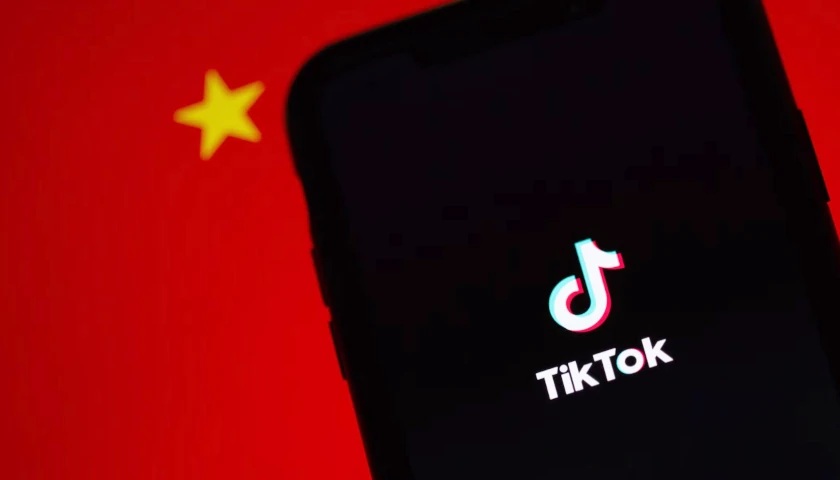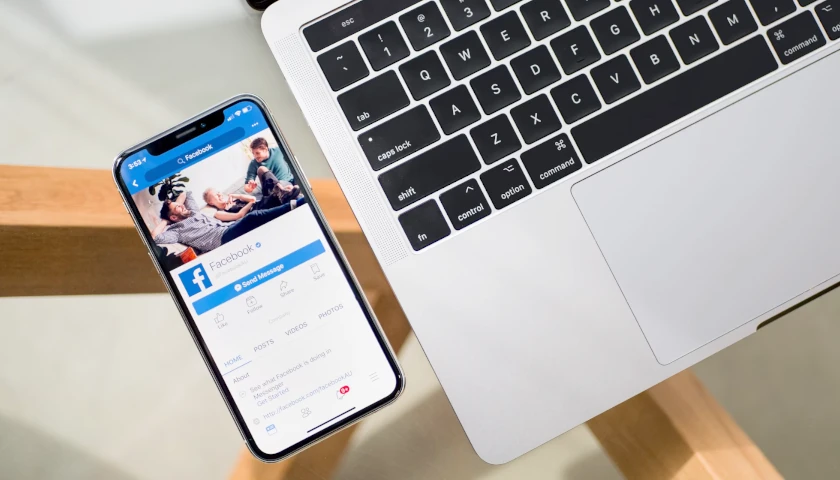by Steven Richards
A newly updated study concludes that the popular Chinese-owned social media platform TikTok suppresses anti-China content and influences user opinion on the communist country’s human rights record and society, likely manipulating its algorithm.
The study from researchers from Rutgers University and the Network Contagion Research Institute, follows preliminary findings from the group released in August and is now backed by more evidence than before.
The findings are set to be published in a peer-reviewed journal, Frontiers in Social Psychology, as the embattled social media app faces a forced sale to continue operating in the United States. The company is currently challenging the law passed by Congress earlier this year that would ban the app if it doesn’t cut ties with its Chinese owners, ByteDance, before January 19, 2025.
President-elect Donald Trump has also injected himself in the case in an attempt to delay the law from taking effect. The president-elect credits the video-sharing app with his electoral gains among young voters in the 2024 election and has spoken favorably of the platform leading up to his inauguration.
“We did go on TikTok and we had a great response with billions of views,” Trump said in a speech at AmericaFest, a conference hosted by Turning Point USA and Turning Point Action in December, shortly before seeking to intervene in the case.
“They brought me a chart … and as I looked at it, I said, maybe we got to keep this sucker around for a little while,” he said. A Trump spokesperson did not respond to a request for comment from Just the News about the study’s findings.
Negotiated solution?
The president’s lawyer said Trump wants the court to delay its decision so that he can negotiate a solution, saying the president-elect has a mandate and “the political will to negotiate a resolution to save the platform while addressing the national security concerns.”
TikTok strongly criticized the report’s methodology and suggested its results were “engineered.”
“This flawed experiment was clearly engineered to reach a false, predetermined conclusion,” a TikTok spokesperson told Just the News in a statement. “Previous research by NCRI has been debunked by outside analysts and this latest paper is equally flawed. Creating fake accounts that interact with the app in a prescribed manner does not reflect real users’ experience, just as this so-called study does not reflect facts or reality.”
Although the study’s authors recognized several limitations with their data, including the perhaps unrepresentative method of using newly created accounts to mimic real users’ experiences and an inability to determine whether the algorithm is truly being manipulated without the code, the researchers say their data is enough to warrant increased transparency from social media platforms on their algorithms and warn about China’s ability to influence public opinion.
“It is now the first peer-reviewed, data-driven study to establish that TikTok is actively manipulating perceptions of China and the Chinese Communist Party through algorithmic bias,” Director of NCRI Joel Finkelstein told The Free Press, which obtained the report on Sunday exclusively.
The researchers’ findings provide ammunition for critics of the app who have long expressed concerns that the China-owned social media app could be used to manipulate public opinion in the United States or collect data on unsuspecting Americans.
Earlier this year, the Office of the Director of National Intelligence warned that China has used the app to interfere in U.S. elections in its annual threat assessment in March, which broadly called out Chinese efforts to influence U.S. public opinion.
Many states and the federal government have banned employees from using the app on work phones, citing similar national security risks Congress used to justify the forced sale.
“High ratio of pro-CCP to anti-CCP content”
The study, made up of three individual stages, sought to explore how TikTok “may be manipulated to conceal content critical of China while amplifying narratives that align with Chinese Communist Party objectives,” the reachers write.
The study concluded three things: that content on TikTok “critical of China was made far less available than it was on Instagram and YouTube;” TikTok had a “disproportionately high ratio of pro-CCP to anti-CCP content” compared to other American social media platforms; and TikTok users “exhibited significantly more positive attitudes towards China’s human rights record and expressed greater favorability towards China as a travel destination.”
The researchers created simulated accounts of American teenagers and collected data using search terms, like “Tibet,” “Tiananmen,” and “Uyghur,” that would be likely to surface content both negative and positive towards China or the Chinese Communist Party.
The data show content critical of China and its government was made less available when compared to similar searches on Instagram and YouTube. The apparent suppression of results, the researchers argue, is evidence that the platforms search results are biased in favor of the CCP.
In addition, the researchers found that users on TikTok engaged—using likes and comments—with anti-CCP posts nearly four times as much as pro-CCP posts, yet the platforms algorithm fed nearly three times as much pro-CCP content to users.
“Neither Instagram nor YouTube showed this extreme a discrepancy between the content ratio and the likes and comments ratios,” the authors wrote. “[The] TikTok results are a nearly complete inversion of their own engagement metrics.”
The researchers also sought to understand whether TikTok use actually changed public perception of the the Chinese government and Communist Party, represented by user attitudes towards its human rights record and favorability towards China as a travel destination.
The researchers conducted a social media user representative survey of 1,214 U.S. adult participants to measure social media use and their rating of China’s human rights record and favorability as a travel destination.
The data show a significant positive correlation between time spent on TikTok and giving China a higher human rights rating. Researchers also found a similar pattern for respondents favoring China as a travel destination.
“Although the pattern is not completely linear, those who reported spending no time on TikTok held the least favorable views of China’s human rights record and those who reported spending more than three hours per day on TikTok had the most favorable views,” the survey found.
The data that appears to support algorithmic manipulation comes as the Supreme Court is set to consider whether a law passed last year to force the sale of the app or ban it from the country violates the First Amendment. The law, passed earlier this year, followed years of concern from lawmakers that the Chinese-owned app presented data privacy concerns and even a national security threat.
Foreign adversaries
“Congress is not acting to punish ByteDance, TikTok or any other individual company,” Senate Commerce Committee Chairwoman Maria Cantwell said when the bill was passed, according to the Associated Press. “Congress is acting to prevent foreign adversaries from conducting espionage, surveillance, maligned operations, harming vulnerable Americans, our servicemen and women, and our U.S. government personnel.”
Immediately, the company announced that it would challenge the law in the court on First Amendment grounds, a concern that was shared by other lawmakers, even some that voted for the bill. A federal appeals court in Washington, D.C., previously ruled the U.S. government did indeed have the ability to regulate the platform over national security concerns.
The Supreme Court declined TikTok’s request for an emergency injunction, but agreed to hear the company’s arguments on January 10, just nine days before the law is supposed to take effect, and just 10 days before President-elect Trump’s inauguration.
– – –
Steven Richards is a reporter for Just the News.




